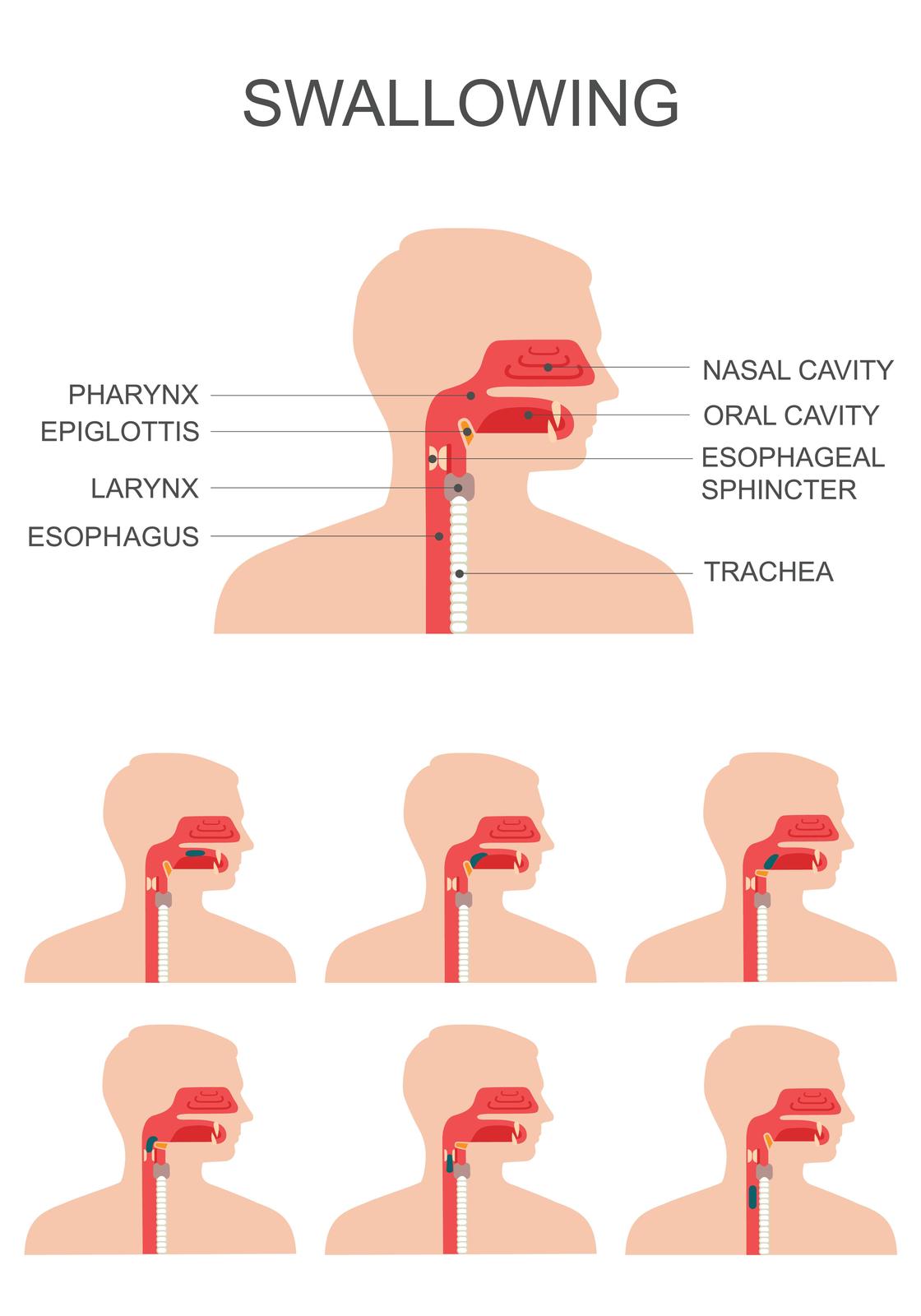Understanding Dysphagia: A Critical Concern in the ICU
Imagine a patient named Mister Smith. At 66, he’s just come out of a serious surgery and is recovering in the Intensive Care Unit (ICU). As the medical team rushes to provide him with nutrition, they are unaware that he might be struggling to swallow—a condition known as dysphagia. This silent, often overlooked issue affects about two-thirds of ICU patients after extubation. It’s a stark reminder of how crucial early detection and management of dysphagia can be in improving patient outcomes.

Why Early Screening is Essential
The Case of Mister Smith
The Role of a Multidisciplinary Team
Screening and assessment alone are not enough. A collaborative approach is necessary to manage dysphagia effectively. This involves various healthcare professionals—from speech and language therapists to dieticians—all working together to develop the most appropriate nutrition care plan for patients at risk. For Mister Smith, the next steps included calling in a dietitian to ensure he received nutritional supplements while also addressing his immediate discomfort from dry mouth. This comprehensive care not only supports nutritional intake but also enhances overall recovery.

Conclusion: Prioritizing Early Detection
Mister Smith’s journey sheds light on a significant issue in critical care. Dysphagia is not just a clinical term; it’s a reality many patients face that requires prompt attention. Effective early screening, tailored assessments, and collaboration among healthcare professionals can lead to better patient safety and improved health outcomes. Ensuring that patients like Mister Smith receive timely, appropriate care during their recovery can ultimately save lives. The story serves as a call to action—an appeal to healthcare providers to recognize dysphagia as a critical concern in the ICU setting, and to act on it for the benefit of all patients.








